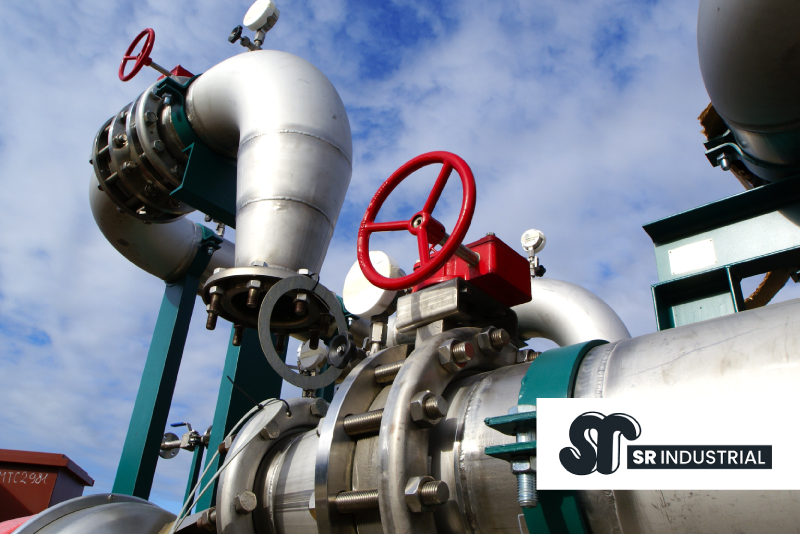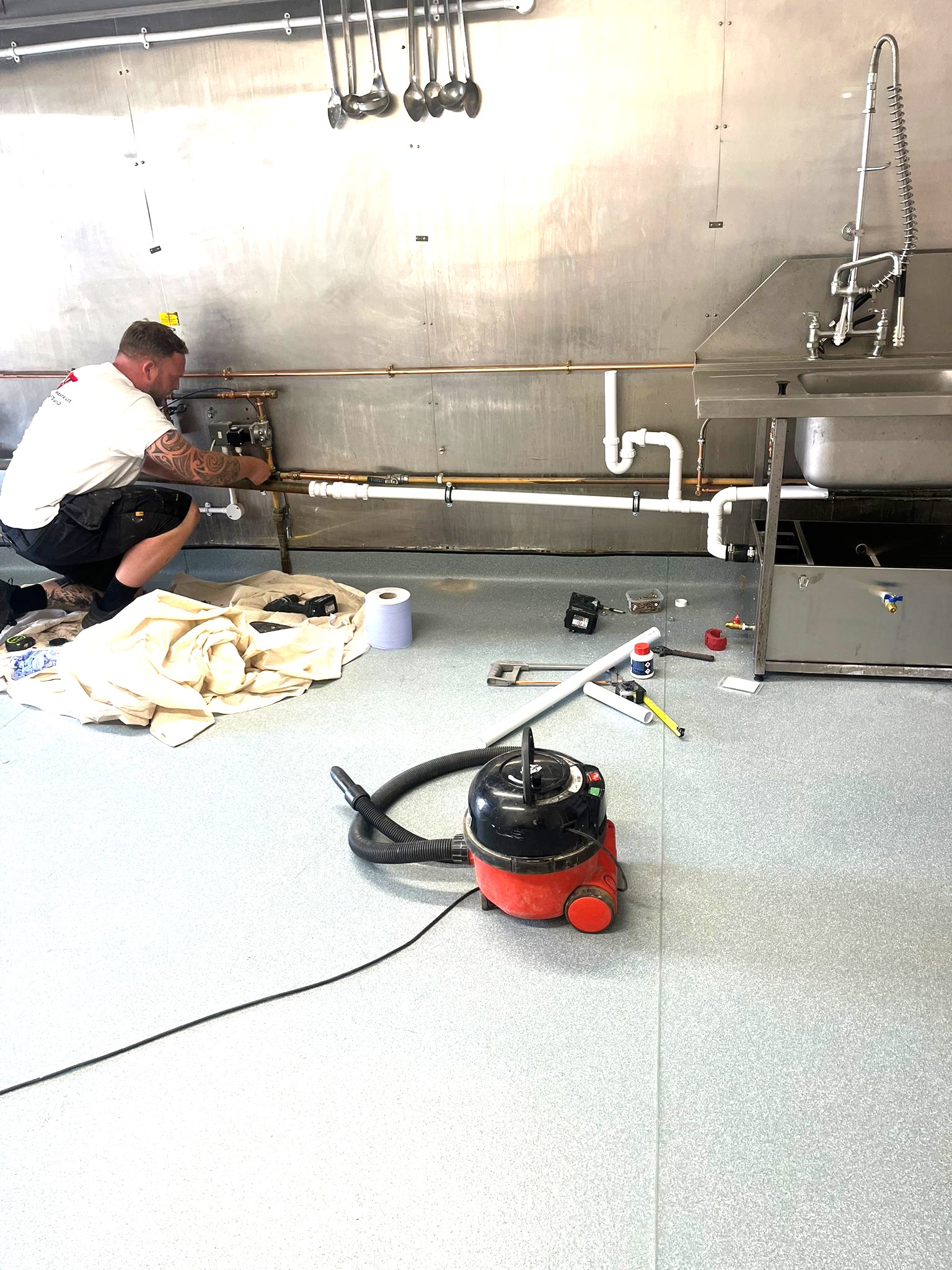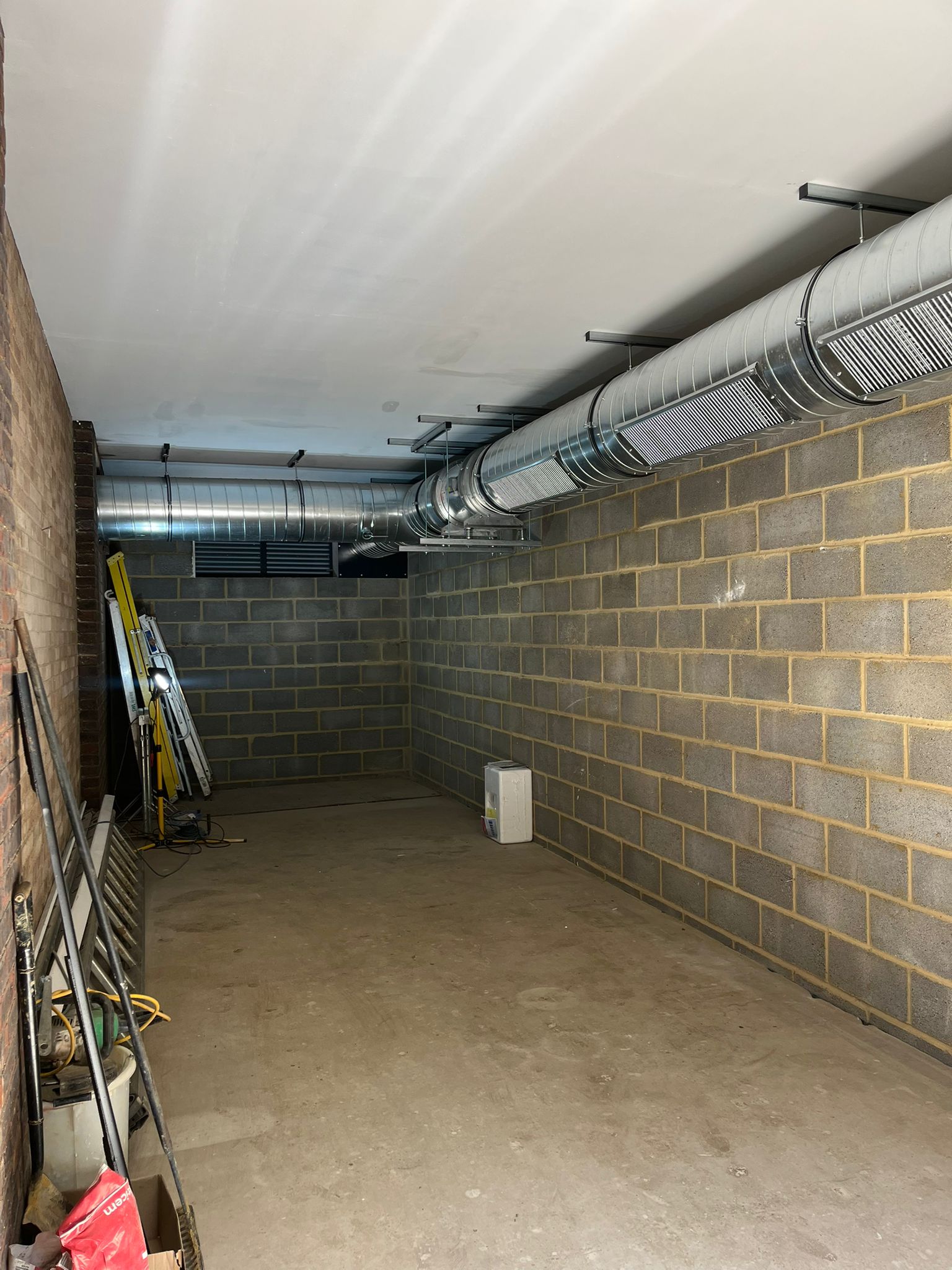Commercial Gas Boilers: Heating Solutions for Businesses

Heating is a crucial aspect of any business operation, providing comfort to employees and customers alike. In today’s fast-paced world, where energy efficiency and cost savings are paramount, businesses are increasingly turning to commercial gas boilers as their preferred heating solution. In this article, we will explore the benefits, features, and considerations associated with commercial gas boilers, helping you make an informed decision for your business’s heating needs.
Understanding Commercial Gas Boilers
Commercial gas boilers are powerful heating systems designed specifically for larger-scale applications, such as office buildings, hotels, manufacturing facilities, and more. These commercial boilers utilise natural gas or propane as their primary fuel source, offering efficient and reliable heating performance.
Types of Commercial Gas Boilers
There are two main types of commercial gas boilers: condensing and non-condensing boilers. Condensing boilers are highly efficient, recovering heat from flue gases and utilising it to preheat the incoming cold water. This results in significant energy savings and reduced emissions. Non-condensing boilers, on the other hand, are less complex and typically more affordable upfront.
Key Components of Commercial Gas Boilers
Commercial gas boilers consist of several key components that work together to provide optimal heating performance. The burner is responsible for igniting the fuel, while the heat exchanger transfers heat from the combustion process to the water. Controls and safety mechanisms ensure proper operation and protect against potential hazards. Understanding these components is essential for choosing the right boiler for your business.
Advantages of Commercial Gas Boilers
Energy Efficiency and Cost Savings
One of the primary advantages of commercial gas boilers is their energy efficiency. Condensing boilers, in particular, can achieve efficiencies of over 90%, resulting in significant cost savings on energy bills. By investing in an efficient gas boiler, businesses can reduce their carbon footprint while keeping operating costs in check.
Environmental Friendliness
Commercial gas boilers offer a more environmentally friendly heating solution compared to alternative fuel sources. Natural gas, the primary fuel for these boilers, produces lower emissions and has a lower carbon content. Choosing a gas boiler for your business demonstrates your commitment to sustainable practices and reduces your impact on the environment.
Reliability and Durability
Commercial gas boilers are renowned for their reliability and durability. These robust systems are built to withstand heavy usage and deliver consistent heating performance even in demanding commercial environments. By investing in a high-quality gas boiler, businesses can enjoy reliable heating throughout the year, minimising downtime and ensuring a comfortable working environment.
Factors to Consider When Choosing a Commercial Gas Boiler
Heating Capacity and Demand
Assessing the heating capacity and demand of your business is crucial when selecting a commercial gas boiler. Consider factors such as the size of the space to be heated, the number of occupants, and the required temperature levels. Consulting with industry experts can help you determine the appropriate boiler size for your specific needs.
Size and Space Requirements
Commercial gas boilers come in various sizes and configurations. It’s essential to consider the physical space available for installation. Whether you have a boiler room or limited space, understanding the spatial requirements of different boiler models will help you choose the right fit for your business.
Fuel Type and Availability
Natural gas is the most common fuel used in commercial gas boilers due to its availability and cost-effectiveness. However, it’s important to evaluate the availability of natural gas in your area and consider alternative fuel options if necessary. Propane is a viable alternative in areas without a natural gas supply.
Efficiency Ratings and Certifications
When selecting a commercial gas boiler, pay attention to its efficiency ratings and certifications. Look for boilers with Energy Star certifications, indicating superior energy performance and compliance with industry standards.
Installation and Maintenance of Commercial Gas Boilers
Professional Installation Considerations
For optimal performance and safety, it’s crucial to have a commercial gas boiler professionally installed. Professionals can accurately assess your heating needs, design the system accordingly, and ensure proper ventilation and exhaust requirements. Investing in professional installation ensures that your boiler operates efficiently and meets safety regulations.
Regular Maintenance and Servicing
Regular maintenance and servicing are essential for the longevity and efficient operation of your commercial gas boiler. Tasks such as cleaning, inspecting, and repairing should be carried out periodically by qualified technicians. Proper maintenance not only extends the lifespan of the boiler but also reduces the risk of breakdowns and costly repairs.
Selecting the Right Commercial Gas Boiler for Your Business
Assessing Heating Needs and Load Requirements
To select the right commercial gas boiler, it’s crucial to assess your business’s heating needs accurately. Consider factors such as the heat load, peak demand periods, and any future expansions or changes in occupancy. Consulting with industry experts will help you determine the most suitable boiler for your specific requirements.
Consulting with Industry Experts
Don’t hesitate to seek advice from heating professionals and industry experts when selecting a commercial gas boiler. Their expertise and knowledge can provide valuable insights into the latest technologies, efficiency trends, and best practices. Working with experts ensures that you make an informed decision and choose a boiler that aligns with your business goals.
Comparing Different Models and Brands
When comparing different commercial gas boiler models and brands, consider various factors beyond just upfront cost. Look at efficiency ratings and potential energy savings over time. Evaluate warranty and after-sales support offered by manufacturers. Additionally, reading customer reviews and testimonials can provide valuable feedback on the performance and reliability of different boiler models.


